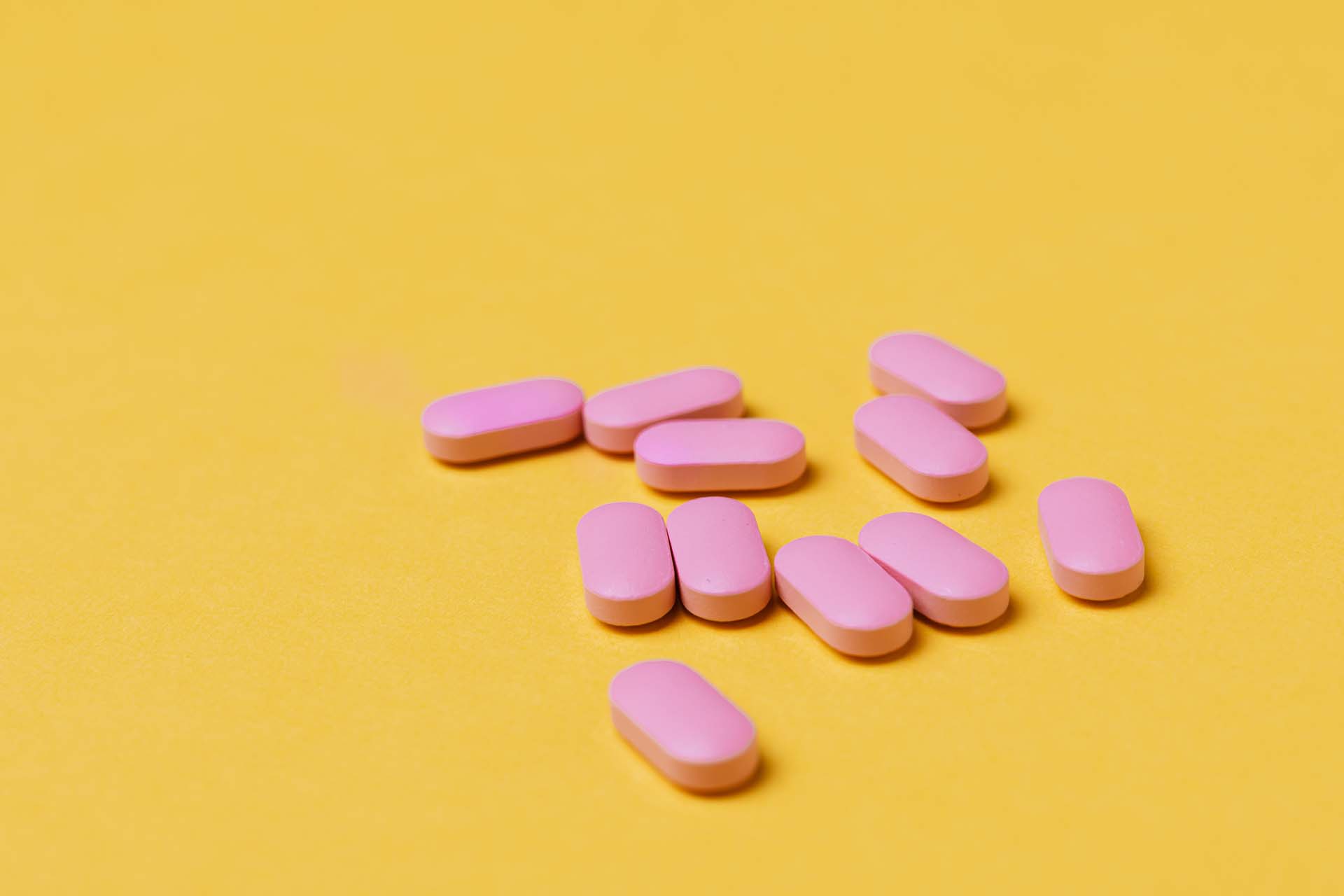Biological – Psychological – Social

Addiction is a bio-psycho-social disorder characterized by a maladaptive pattern of behavior or substance use which leads to significant impairment in a person’s life. It is critical to understand addiction as a complex issue with roots that seem to be:
- Biological – there is clear evidence of genetic predisposition to addiction and evidence of biological differences in the way addicts respond to different stimuli and experience pleasure.
- Psychological – there are certain personality traits that seem to be common in addicts, from feelings of low self-esteem, to obsessive thinking, to impulsiveness, to anxiousness, to over-sensitivity, to total self-centeredness.
- Social – there is a social learning process from exposure to addictive behavior; sometimes outlandish and even illegal behavior is perceived as “normal.”
Criteria of Addiction
There are certain criteria by which addiction, or dependency, is defined. Manifestation of three or more of the following during any 12-month period would constitute addiction:
- Tolerance – need for increased amounts of the substance or behavior to achieve the desired effect, or diminished effect with continued use of the same amount.
- Withdrawal – physical or psychological withdrawal symptoms when the substance or behavior is not available. Symptoms can range from anxiety and restlessness all the way to seizures and death.
- Loss of control – use of substance or behavior in larger amounts or over a longer period of time than intended.
- Inability to stop or stay stopped.
- Waste of time – a great deal of time spent in activities to obtain the substance, use the substance or recover from its effects.
- Reduced activities – important social, occupational or recreational activities given up or reduced.
- Continued use despite problems caused by using.
Difficult to Recognize
What makes addiction, or dependency, especially difficult to recognize is that it is a subtly progressive condition characterized by denial of the condition. In other words, as the symptoms of addiction begin to materialize, both the addict and those around him or her (family, friends, co-workers) lose their ability to recognize the truth of the situation. We do not want to consider the possibility of addiction and so we tend to minimize and deny the symptoms we see. Remember, over time some observed behavior has come to be seen as “normal.” The behavior is also sometimes difficult to observe because the addict has typically retreated into isolation in an attempt to conceal their behavior.
The Good News
The good news is that drug and alcohol addiction is an extremely treatable condition! Treatment begins with exposing the secrecy and lies and denial that accompany addiction to the light of day. This often requires the help of an addiction professional. Once exposed, the treatment is a combination of behavioral modification, education, individual and family counseling and ongoing support and accountability. Studies show that the recovery rate for addiction is virtually the same as for other chronic illnesses like diabetes and hypertension.
